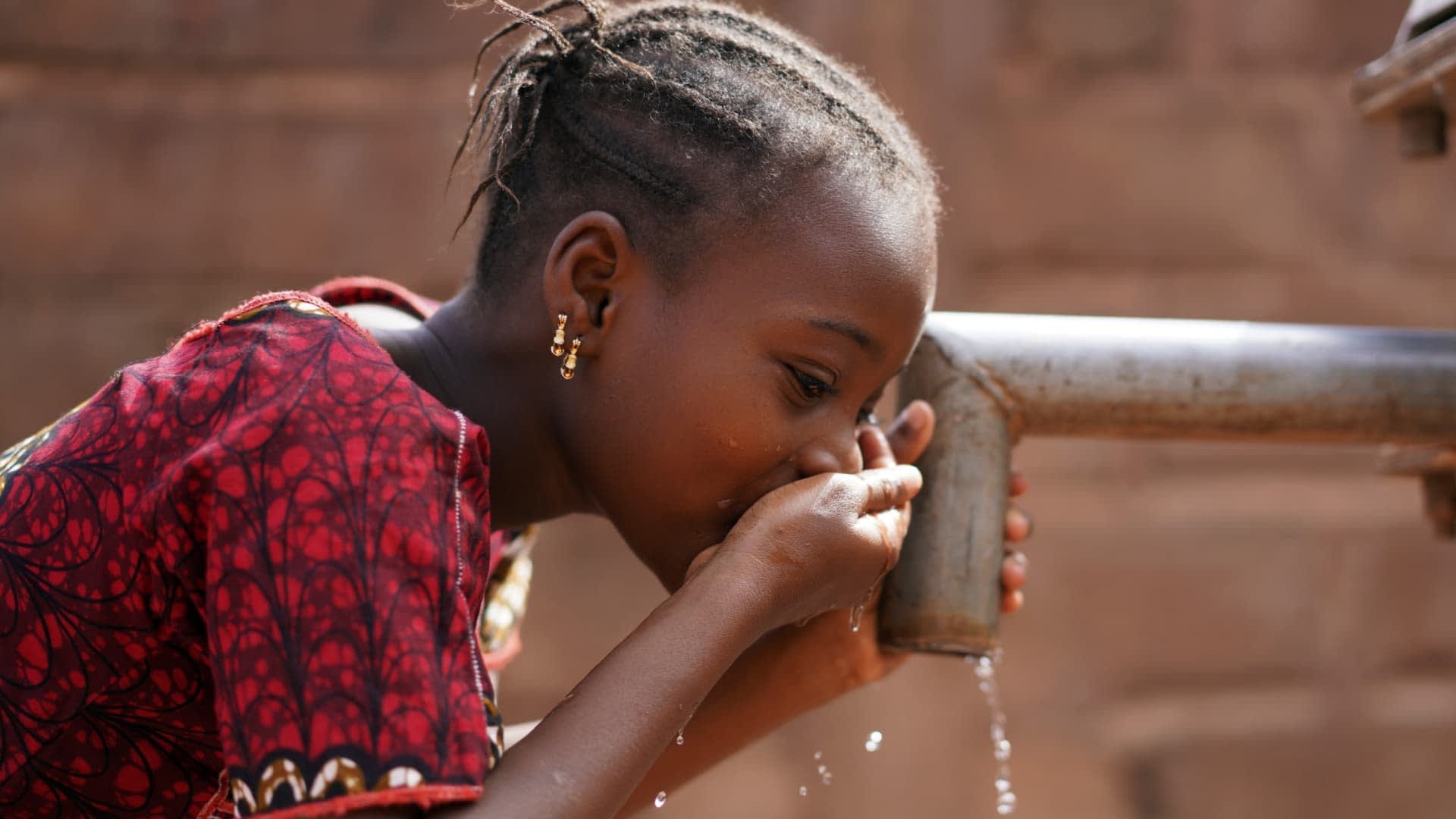COP27 Report: Developing Nations Need $1 Trillion Yearly to Fight Climate Change

A report released ahead of COP27 found that developing countries will need $1 trillion annually in external finance by 2030 to address climate change, with collaboration between developed and developing nations suggested to raise the necessary funds. The report also highlighted the importance of affordable financing from multilateral development banks and the need for developing countries to match the external funding with their own resources to secure over $2 trillion yearly.
A report released ahead of the COP27 climate summit in Sharm El-Sheik, Egypt, found developing countries will need to secure $1 trillion per annum in external finance to cut emissions, boost their resilience and restore nature and land damage caused by climate change by the end of the decade.
Justice means that those countries which caused global warming must pay. They must take responsibility.
“The world needs a breakthrough and a new roadmap on climate finance that can mobilize the $1 trillion in external finance that will be needed by 2030 for emerging markets and developing countries other than China,” the report said.
The report, jointly commissioned by the governments of Egypt and the United Kingdom, the current and previous climate summit hosts, suggested that developing countries and emerging markets collaborate with developed countries and multilateral institutions to raise the $1 trillion required annually.
See Also:Temperatures Rising Faster in Europe than Anywhere Else, Report Finds“Unlocking substantial climate finance is the key to solving today’s development challenges,” said Vera Songwe, one of the report’s authors. “This means countries must have access to affordable, sustainable low-cost financing from the multilateral development banks to help crowd in investments from the private sector and philanthropy.”
Specific steps should be followed to unlock the necessary investment, including rapidly preparing investment projects, expanding the scope of concessional finance, and tackling the debt and liquidity issues developing countries face.
The report further estimated that developing countries should match the $1 trillion from outside sources with their own funds to secure an amount of more than $2 trillion yearly.
It also clarified that the $1 trillion in external funding is separate from the $100 billion per annum wealthy countries committed to providing from 2020 to support less affluent countries in tackling the effects of climate change. However, the planet’s rich nations have not met the $100 billion pledges.
Meanwhile, allocating funds to poorer countries to combat climate change has been a cause of contention at COP27, with less developed countries claiming that rich countries should take much of the strain of climate change.
“We have to go round the world with a begging bowl for something that is our right,” said Sherry Rehman, Pakistan’s climate change minister. “Justice means that those countries which caused global warming must pay. They must take responsibility.”









